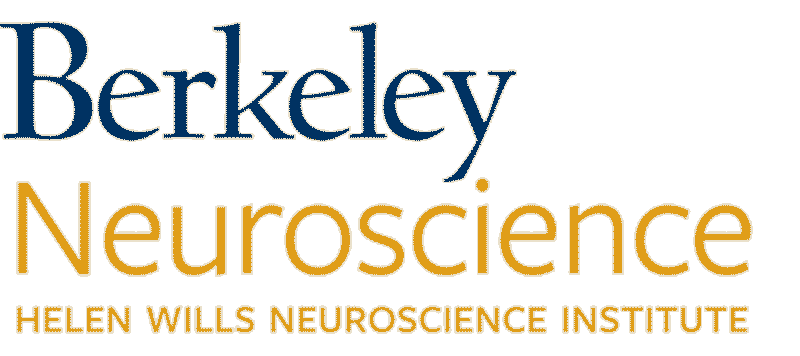The Helen Wills Neuroscience Institute (HWNI) is pleased to announce the selection of two winning proposals for the 2020 Rennie Fund for the Study of Epilepsy. One project is led by Andrea Gomez, and the other is led jointly by Richard H. Kramer and Stephen Brohawn. Each project will receive a one-year $50,000 award. The Rennie Fund was created in 1962 as the result of a bequest from the Mary Elizabeth Rennie Trust to support research on epilepsy.
Read about the winning proposals:
Instructive cues for synaptic function
Andrea Gomez
Assistant Professor of Neurobiology
Research Focus: Instructive cues for neural form and function
Genetic programs balance order and variability in the brain. Synaptic dysfunction, a hallmark sign of epilepsy, is coordinate with altered gene expression and imbalanced brain activity. Yet, linking molecular activity to circuit dysfunction remains a core challenge in neurobiology. The main focus of my lab aims to decode the cellular rules that instruct and maintain synaptic organization by focusing on a critical RNA processing mechanism, termed alternative splicing. We previously discovered a splicing program that controls synaptic excitation in the hippocampus, a key brain region that is susceptible to seizures. This proposal outlines a strategy to determine how alternative splicing transmits into an organizing signal that controls synaptic strength and assess how increases in synaptic strength lead to widespread changes in hippocampal circuit function.
Electromechanical mechanism of action potential propagation in myelinated axons
Richard H. Kramer
Professor of Neurobiology, CH and Annie Li Chair in Molecular Biology of Diseases
Research Focus: Novel chemical reagents for non-invasive optical sensing and manipulation of ion channels and synapses
Stephen Brohawn
Assistant Professor of Neurobiology
Research Focus: Molecular basis of sensory transduction and electrical signaling, especially mechanosensation
Nerve cells send electrical impulses down long fibers called axons. Many axons are surrounded with an insulating sheath called myelin, which ensures that the impulses travel rapidly and reliably. Tiny gaps in the myelin sheath, called nodes of Ranvier, serve to amplify the electrical impulses so they can make it to the end of the axon, where chemical signals are sent to other neurons or muscle cells. The initiation and transmission of electrical impulses along axons is impaired in many neurological diseases, including multiple sclerosis (MS) and epilepsy. This project stands to fundamentally change our understanding of exactly how the electrical impulses are amplified at nodes and how they move along so quickly and reliably. Instead of the amplification mechanism being entirely electrical, we will test the possibility that swelling of the nodes during each impulse plays a crucial role in triggering events that sustain the impulse and allow it to spread more effectively along the axon. Furthermore, our work will implicate a specific protein, named TRAAK, in this process. Results gleaned from this work will be of great interest to neuroscientists interested in how axons work. Moreover, they will change our thinking about the events that occur in diseases such as MS and epilepsy and may lead to new treatment strategies, including the development of new drugs.
About the Rennie Fund for the Study of Epilepsy
The Rennie Fund was created in 1962 as the result of a bequest from the Mary Elizabeth Rennie Trust to the UC Regents, to be used at their discretion for the study of epilepsy. It was later allocated to the UC Berkeley campus, and in 2017, the fund was transferred to the Helen Wills Neuroscience Institute. Each year, up to three grants of $20-50K per proposal are awarded. Proposals can be directly related to epilepsy, or to closely related areas in neuroscience. Funds are available for one year and can be used to support research, development, conferences, and postdoc/graduate student support. To learn more about the Rennie Fund for the Study of Epilepsy, visit the fund page.


